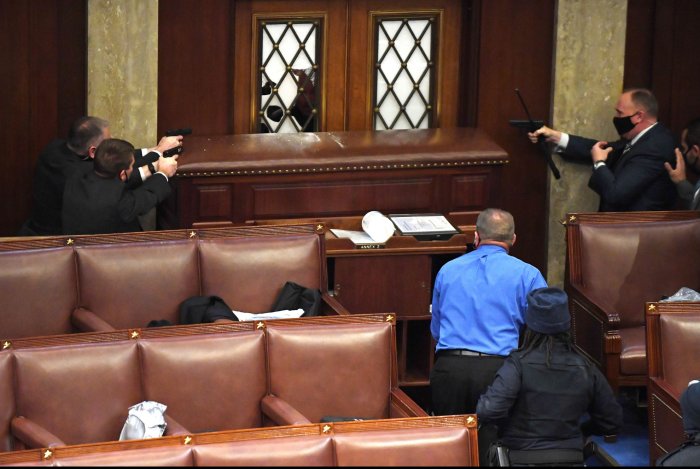Dec. 16 (UPI) -- Regeneron and AstraZeneca, makers of COVID-19 monoclonal antibody treatments, shared mixed results Thursday on their tests against the Omicron variant of the virus.
New York-based Regeneron Pharmaceuticals said trials on its existing monoclonal antibodies cocktail showed diminished protections against the newest variant of the novel coronavirus.
"While Regeneron's currently authorized REGEN-COV antibodies have diminished potency against Omicron, they are active against Delta, which currently is the most prevalent variant in the U.S.," the company said in a news release.
The World Health Organization designated the Omicron variant of COVID-19 as a variant of concern last month, but it's not as widespread in the United States as the Delta variant, which has spread across the globe since the summer.
Related
The Centers for Disease Control and Prevention shows the Omicron variant accounts for 2.9% of all cases in the United States, while Delta is detected in 96.7% of cases. In some regions, such as in New York and New Jersey, the portion of Omicron cases is up to 13%.
CDC Director Rochelle Walensky said cases of the variant are "rapidly increasing" and urged Americans get vaccinated and boosted against the virus.
Regeneron said that though its existing antibody treatment isn't as effective against Omicron, it's working to develop a new cocktail to target the strain. CEO Leonard Schleifer said the company plans to conduct trials on the new cocktail in the first quarter of 2022.
"I think we need to figure out a way that we can get this to patients on a large scale before the next variant shows up," he said Thursday during an appearance on CNBC's Squawk Box. "We just don't want to be chasing our tail here."
Cambridge, England-based AstraZeneca, meanwhile, said tests of its existing monoclonal antibody cocktail -- called Evusheld -- shows it maintains its effectiveness against Omicron. The company said the study of Evusheld against the variant was conducted by the U.S. Food and Drug Administration's Center for Biologics Evaluation and Research.
"By combining two potent antibodies with different and complementary activities against the virus, Evusheld was designed to evade potential resistance with the emergence of new SARS-CoV-2 variants," said Men Pangalos, executive vice president of AstraZeneca's biopharmaceuticals research and development.
The company said it's conducting additional studies of Evusheld's effectiveness against Omicron.
Monoclonal antibody treatments are approved in the United States for certain high-risk patients to prevent severe illness, hospitalization and death from COVID-19. The infusion is considered highly effective if given within seven to 10 days after a patient begins to show symptoms of COVID-19.















